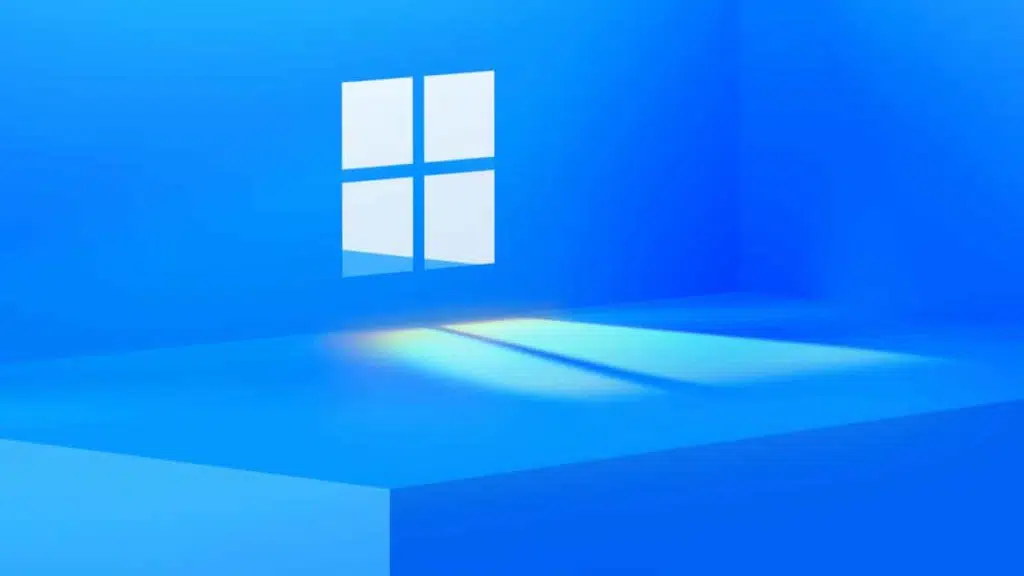Trusted Platform Module (TPM), an international standard that creator Trusted Computing Group (TCG) has described as a secure crypto-processor for establishing secure operations, will be a mandatory requirement for not only Windows 11, but all versions of the operating system going forward, according to a new blog post from Microsoft that explains how TPM 2.0, the latest iteration of the platform, is a necessity for a secure and future-proof Windows 11. “By instituting TPM 2.0 as a non-negotiable standard for the future of Windows, we elevate the security benchmark,” reads a statement from Steven Hosking, a senior product manager at Microsoft. This October marked the third anniversary of Windows 11, which launched in 2021 with several requirements that included TPM 2.0 and modern processors (e.g., eighth-gen Intel Core or second-gen AMD Ryzen CPUs or newer).
Critics are saying:
- “To what degree, as in how much $$$, has CEO Nadella and his personal echo chamber invested in these new technologies that Microsoft is pushing on us end users?”
- “I don’t need this level of security on the PC that’s just running the 3d printer in the spare room.”
- “…Microsoft still haven’t given any sort of statement or comment regarding the inevitably large amount of ewaste that this endeavour is going to generate…”
- “I’ll continue to disable TPM, Bitlocker, live (non-local) accounts, Smartscreen, Copilot, web search, Edge, VBS, and whatever other ridiculous garbage you insert into your horrifically bloated mockery of an operating system…”
You know that Windows 10 is approaching end of support. In Windows 11, TPM 2.0 advanced encryption techniques offer more versatile and critical key management for contemporary IT infrastructures, as compared to its predecessor, TPM 1.2. Integrating with features like Secure Boot and Windows Hello for Business, TPM 2.0 enhances security by ensuring that only verified software is executed and protecting confidential details. It’s true that its implementation might require a change for your organization. Yet it represents an important step toward more effectively countering today’s intricate security challenges.

